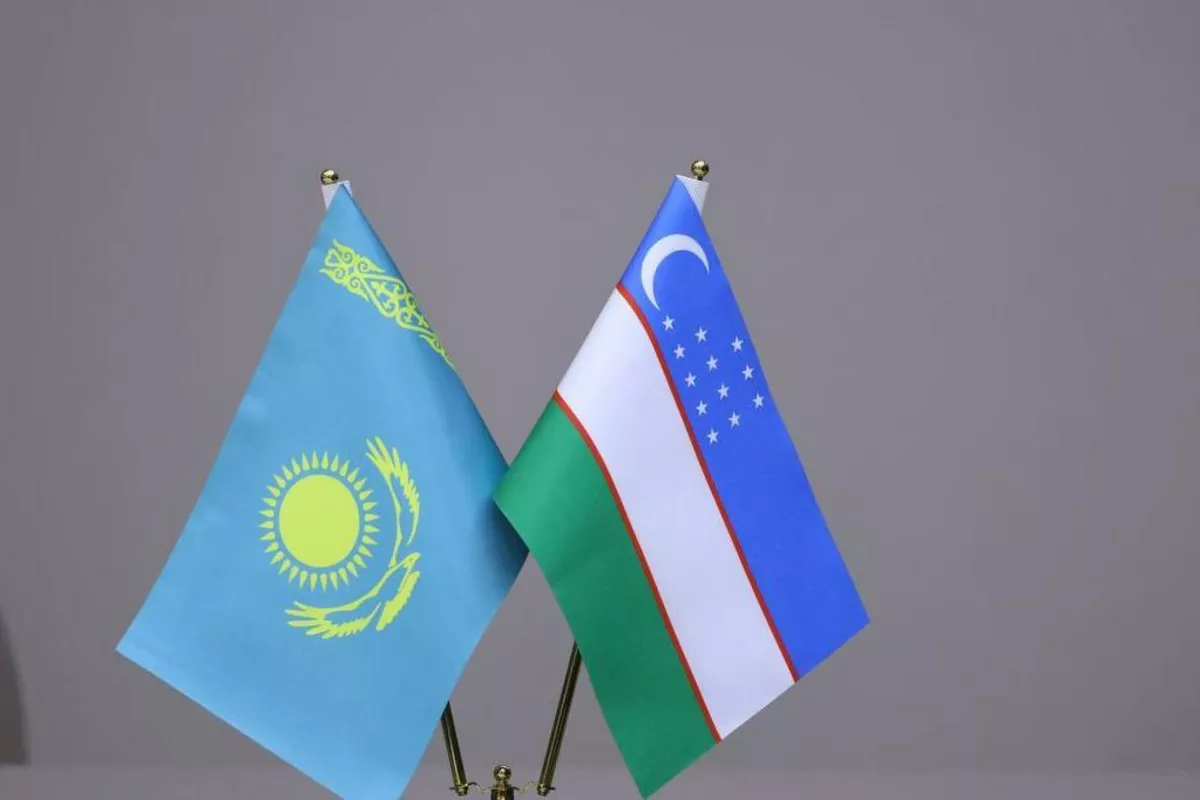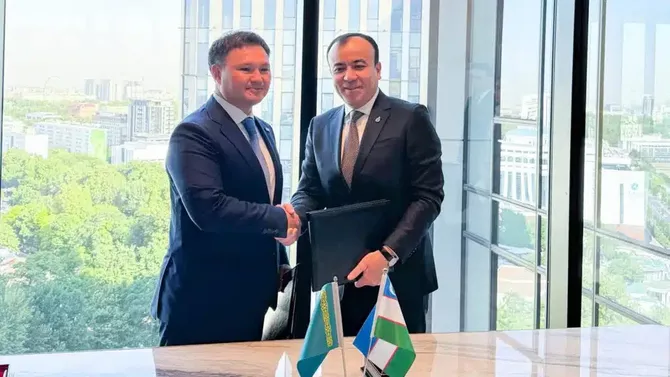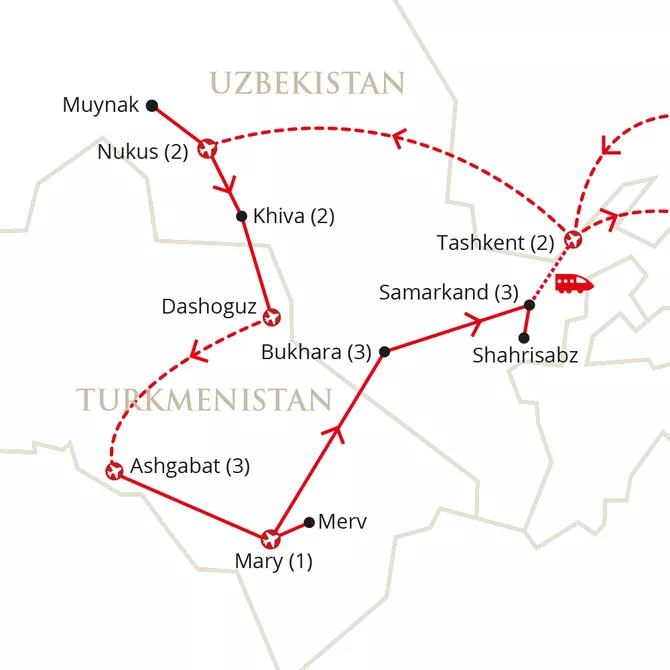
photo: Daryo.uz
October 2025 has become a defining month for the steady and confident expansion of Kazakhstan-Uzbekistan relations. In a region where economic interdependence and political pragmatism increasingly shape the landscape, Astana and Tashkent continue to demonstrate a rare example of balanced partnership - one that embraces both economic ambition and strategic foresight.
Early in the month, on October 3, the heads of Uzbekneftegaz and KazMunayGas discussed new prospects for cooperation in the oil and gas sector. Among the key topics was the potential launch of a joint project to produce linear alkylbenzene (LAB) at the Uzbekistan GTL plant - a move that would deepen industrial integration between the two neighbors. Another focus was the tolling-based processing of hydrocarbon feedstock at Uzbekneftegaz facilities, aimed at creating higher added value and expanding local manufacturing capacity. Both sides emphasized that this approach would strengthen cooperation across adjacent industries, from petrochemicals to logistics.

photo: kz.kursiv.media
Only a few days later, on October 8, fresh trade data revealed that the volume of bilateral trade between Kazakhstan and Uzbekistan reached $3 billion for the January-August 2025 period - an 18.5% increase compared to the same timeframe last year. Kazakhstan’s exports alone rose by nearly 27%, with notable growth in metallurgy, petrochemistry, mechanical engineering, and agriculture. The export of Kazakh grain, flour, meat, sugar, and other goods has also surged. Astana presented Tashkent with a list of 40 additional goods worth over $550 million, while both sides reaffirmed their shared goal of bringing trade turnover to $10 billion in the near future.
Equally significant was the discussion about developing a Joint Logistics Strategy, which envisions expanding transit routes through Afghanistan - a reminder of how the region’s connectivity agenda has begun to transcend traditional geopolitical lines.
Another milestone came during Kazakhstan Energy Week 2025, held in Astana, where the synchronization of the power systems of Uzbekistan, Kazakhstan, and Tajikistan was discussed. Kazakhstan reaffirmed its readiness to sign an intergovernmental agreement with Tajikistan on electricity supplies from the Rogun Hydroelectric Power Station, under the 2023 memorandum. According to Astana, such coordination would balance the region’s power systems, strengthen agricultural productivity, and enhance overall food security.
In parallel, global institutions have taken note of Central Asia’s evolving economic landscape. The World Bank’s October 2025 “Europe and Central Asia Economic Update: Jobs and Welfare” reported that while growth in emerging markets across Europe and Central Asia has slowed, the region remains surprisingly resilient amid persistent global challenges. The Bank projects GDP growth in 2025 at 2.4%, down from 3.7% in 2024, largely due to a slowdown in Russia.
The report also underlines untapped potential in Kazakhstan’s agro-processing sector - particularly in wheat production and livestock - and points to Uzbekistan’s growing strengths in chemical manufacturing, ICT services, and horticulture. The World Bank notes that competitiveness and energy efficiency in Uzbekistan’s chemical industry hinge on modernization, gradual subsidy reform, and the easing of export controls. Meanwhile, Uzbekistan’s fruit and vegetable sector could achieve higher productivity through investment in modern irrigation systems and agricultural R&D.

photo: Academy Travel
Beyond economics, the human and cultural dimension of Kazakhstan-Uzbekistan relations is also flourishing. In the first seven months of 2025, 1.5 million Kazakh citizens visited Uzbekistan, marking a 40% year-on-year increase. To support this growing flow, three new cross-border railway tours have been launched since late September, connecting cities such as Tashkent, Almaty, and Turkistan. Additionally, the recently presented “Turkmenistan-Uzbekistan-Kazakhstan” circular tourist route now links dozens of cultural and historical sites, traditional crafts, and national cuisines - including 15 UNESCO World Heritage locations.
The partnership continues to evolve at the institutional level as well. The 22nd meeting of the Intergovernmental Commission on Bilateral Cooperation, scheduled for late October, will explore new initiatives and assess ongoing projects. Against this backdrop, Kazakh President Kassym-Jomart Tokayev has announced plans to visit Uzbekistan before the end of the year - another symbolic step toward deeper ties.
Taken together, these developments illustrate a clear trajectory: Astana and Tashkent are building one of the most dynamic and multidimensional partnerships in the post-Soviet space. Their cooperation spans from trade and energy to agriculture, transport, and tourism - all underpinned by mutual trust and a shared vision for a stable, interconnected Central Asia.
The pace of this partnership suggests that Kazakhstan and Uzbekistan are not merely good neighbors - they are becoming pillars of regional transformation, setting the tone for how pragmatic diplomacy and economic synergy can shape the future of an entire region.
Share on social media